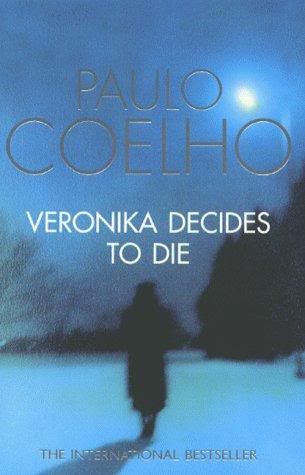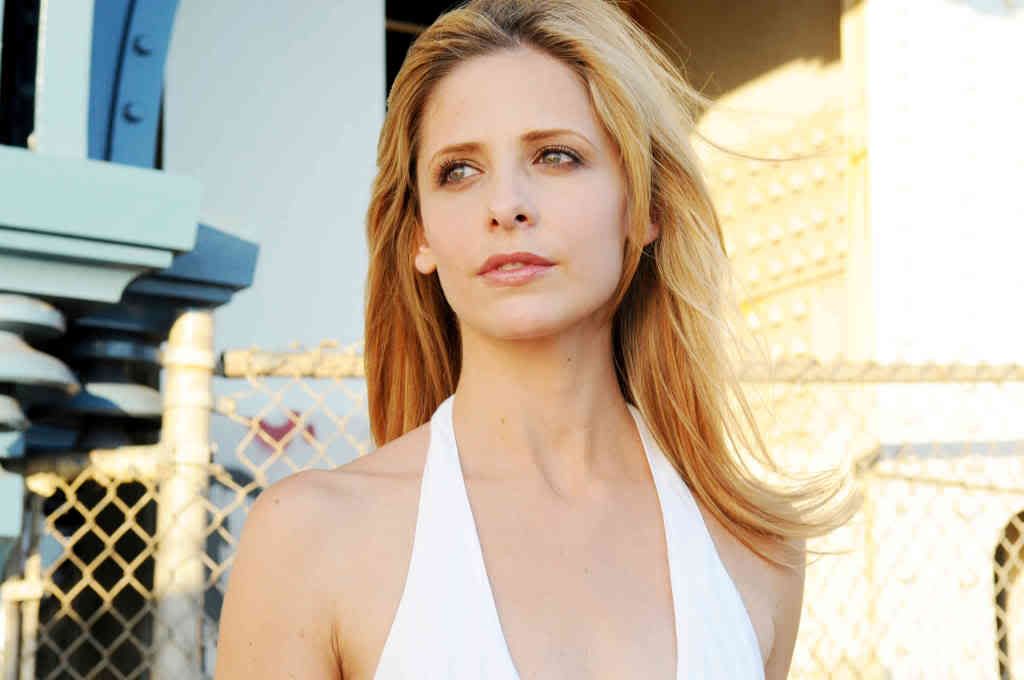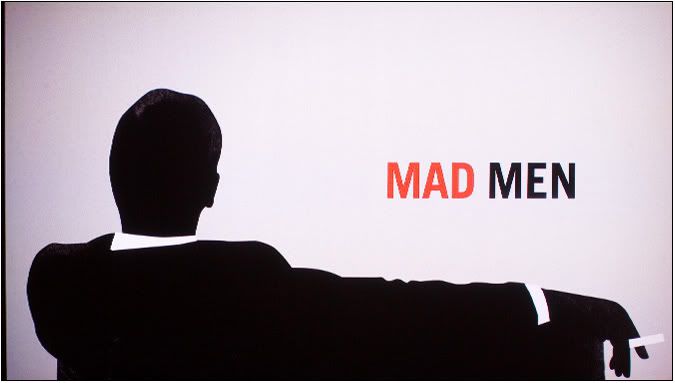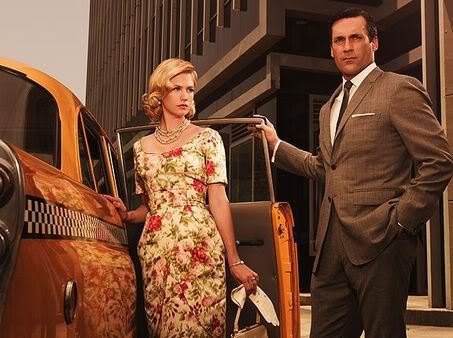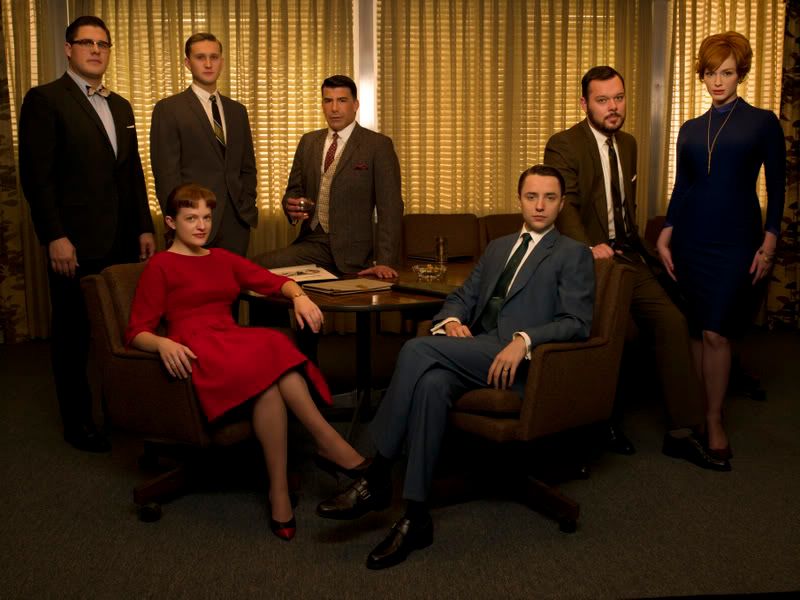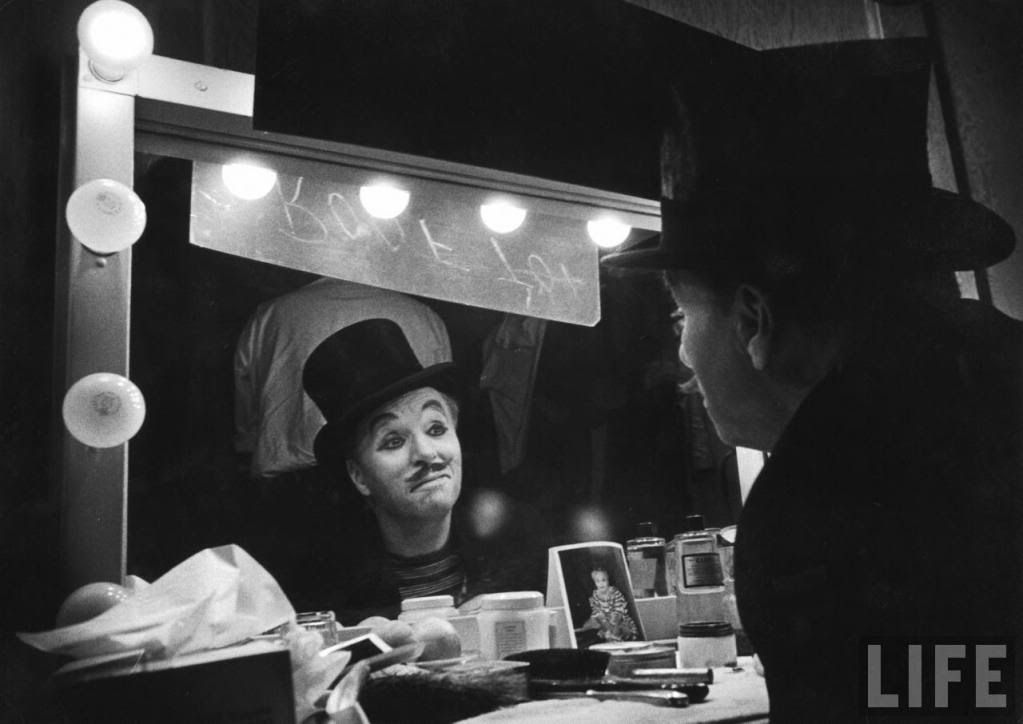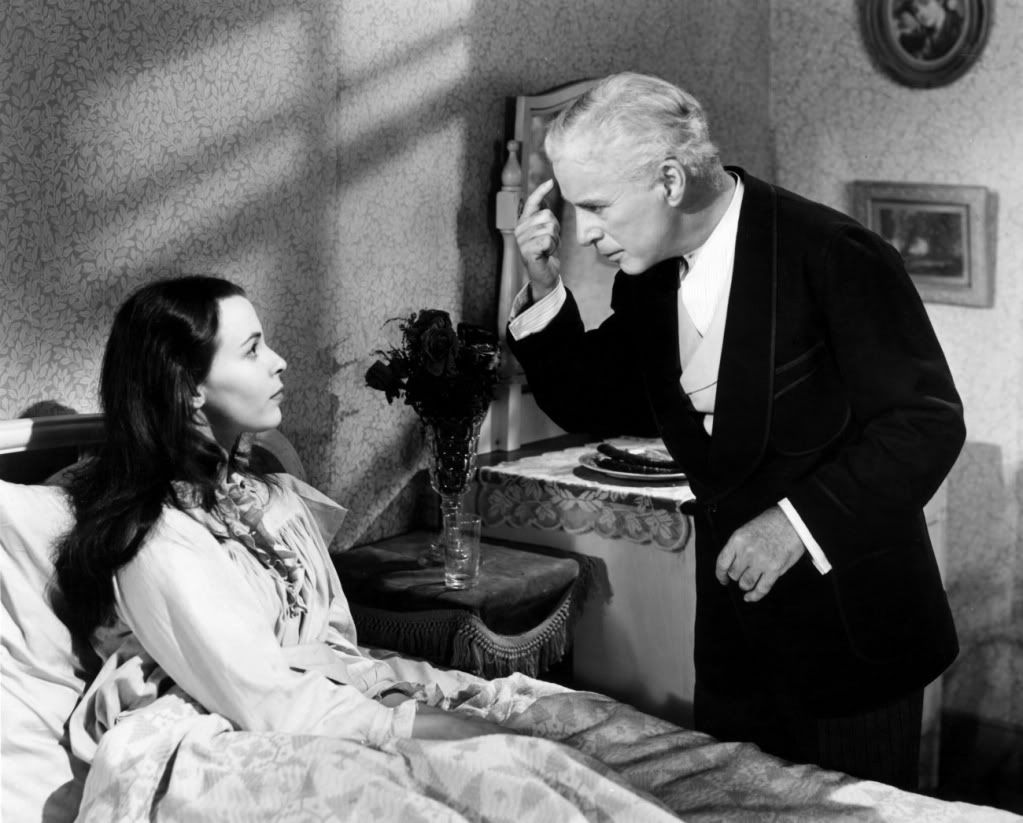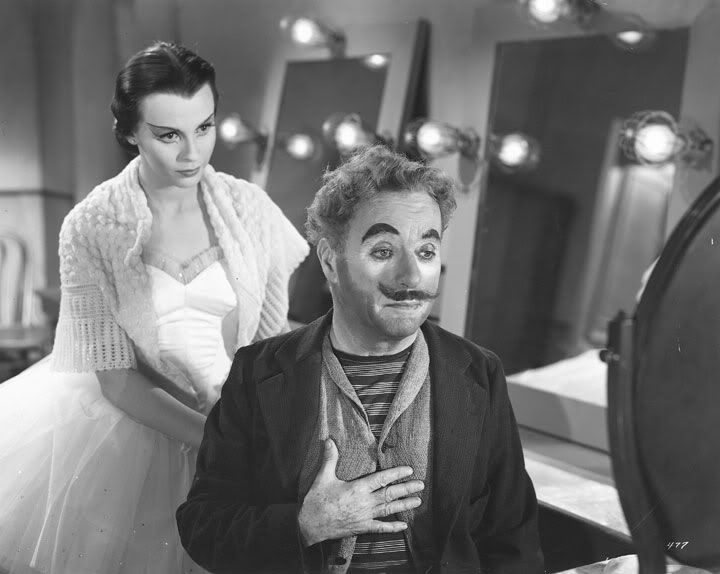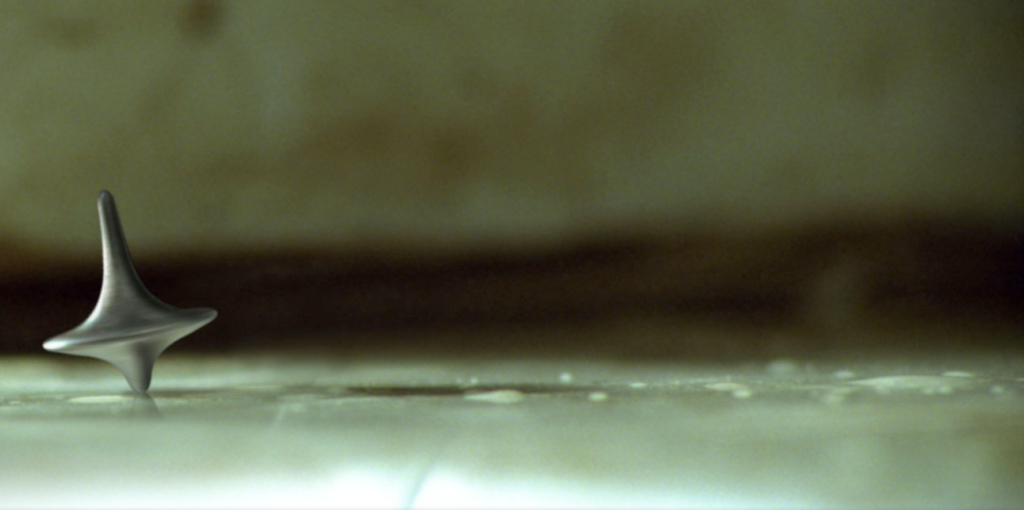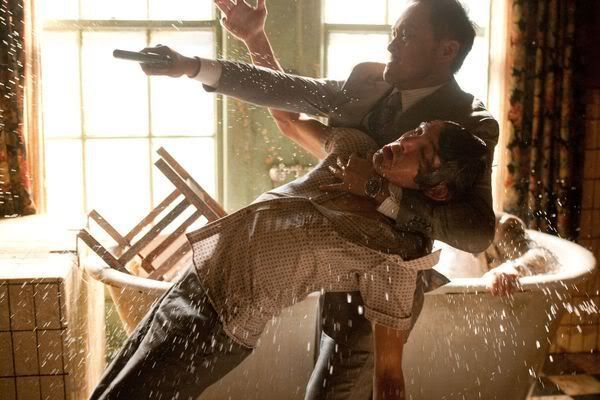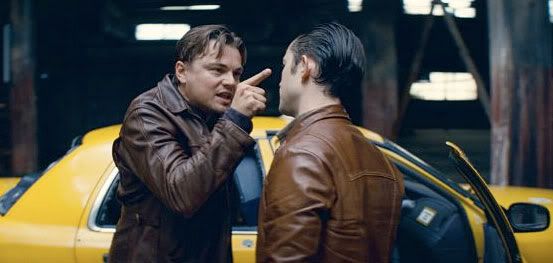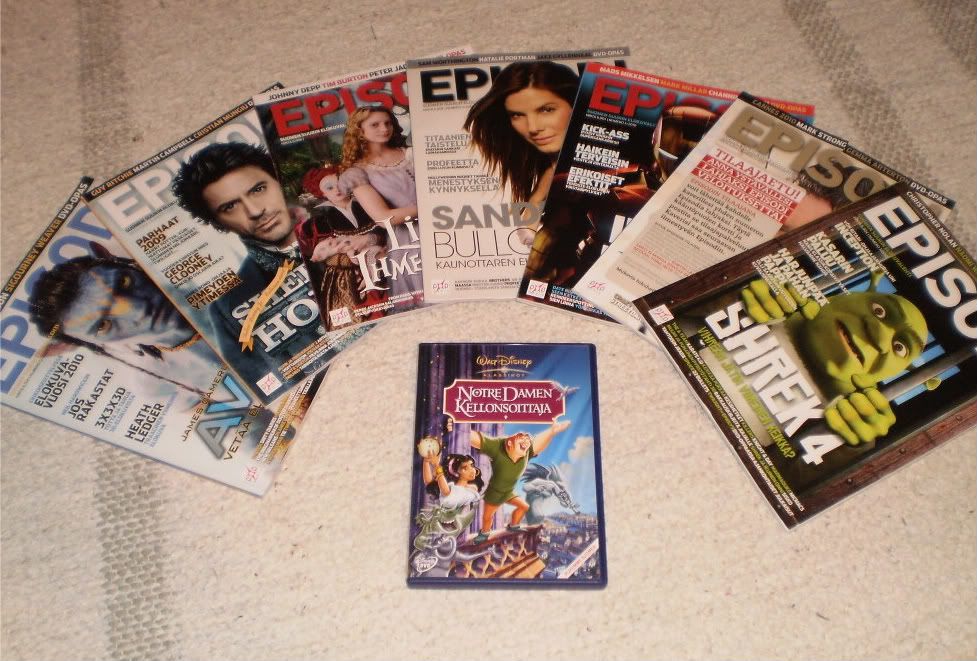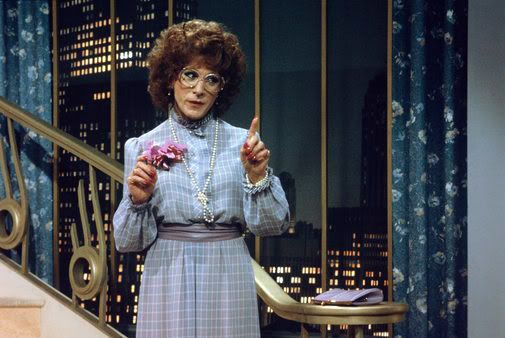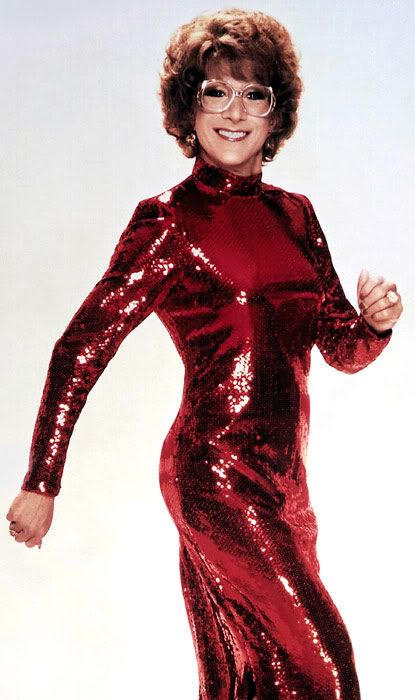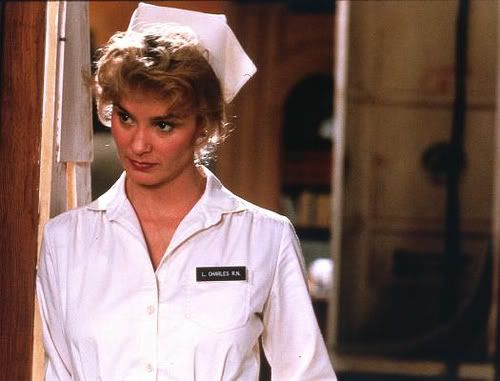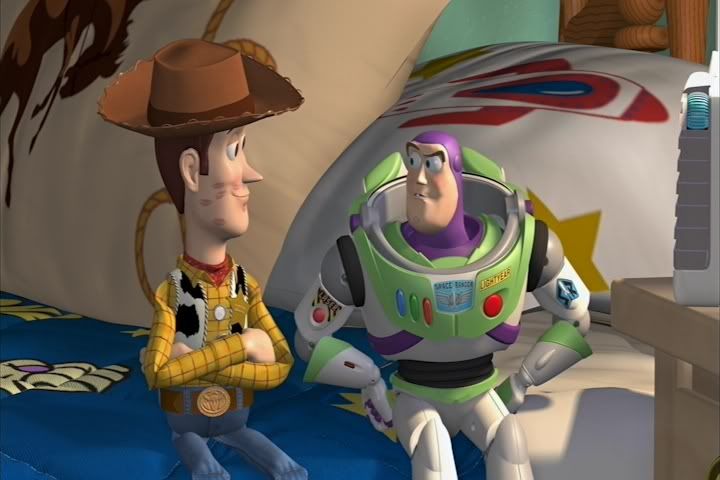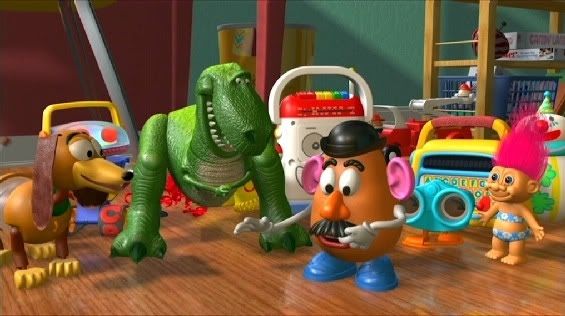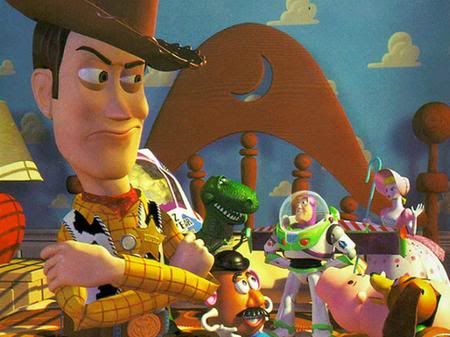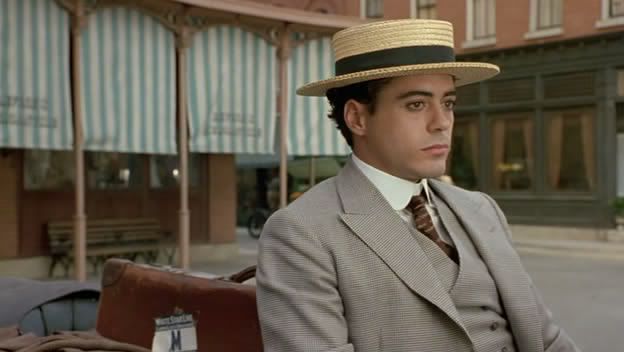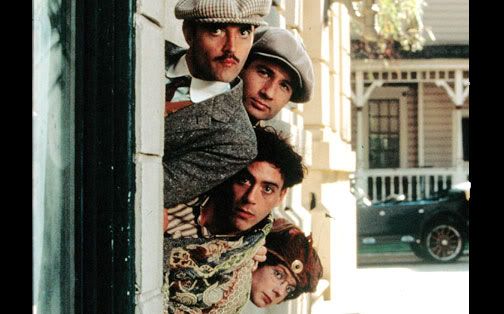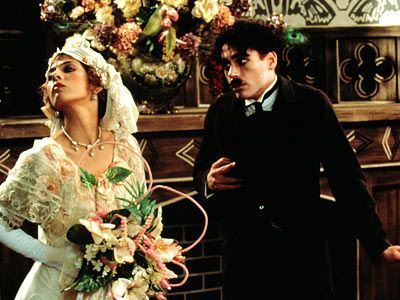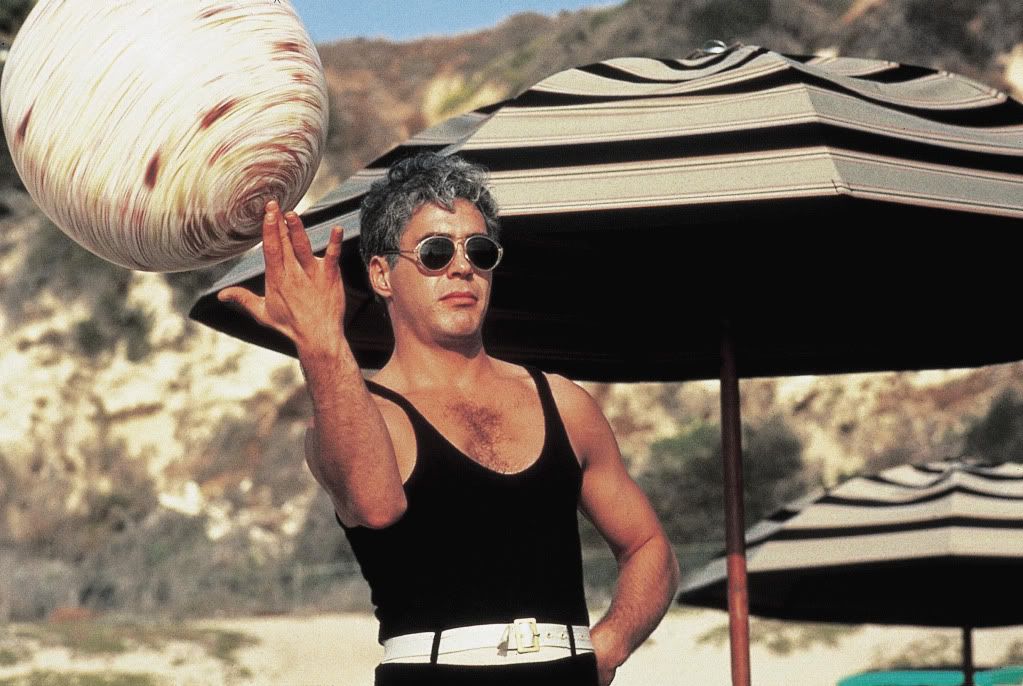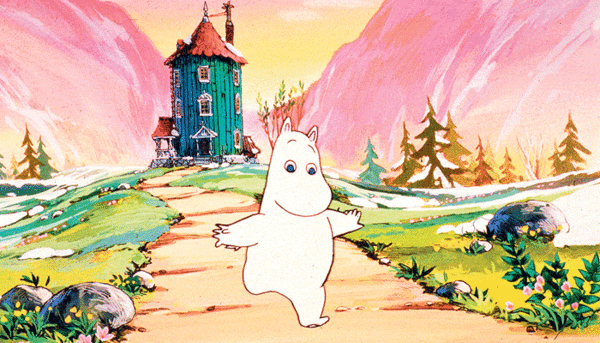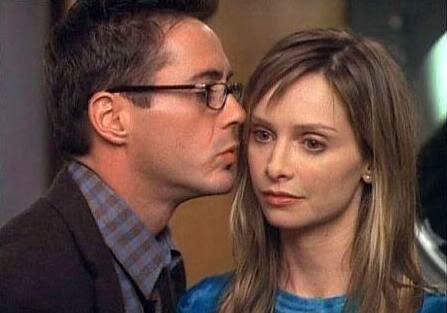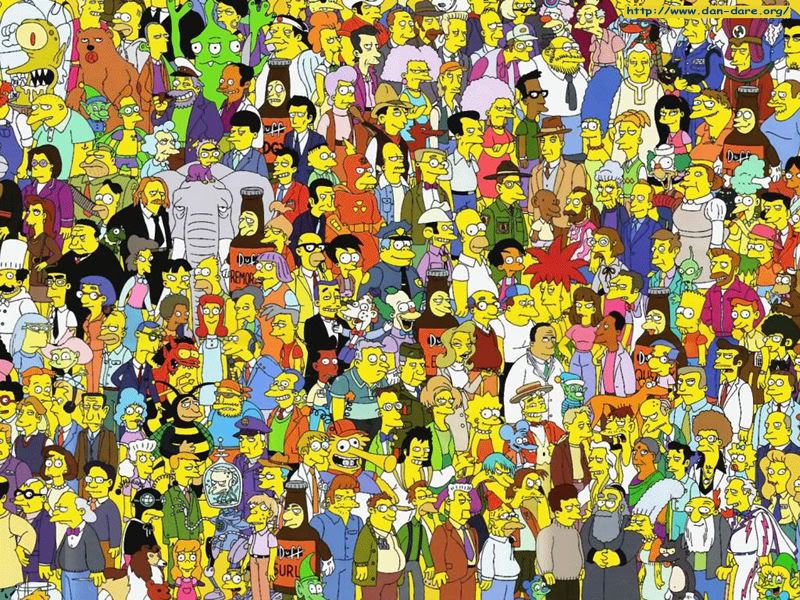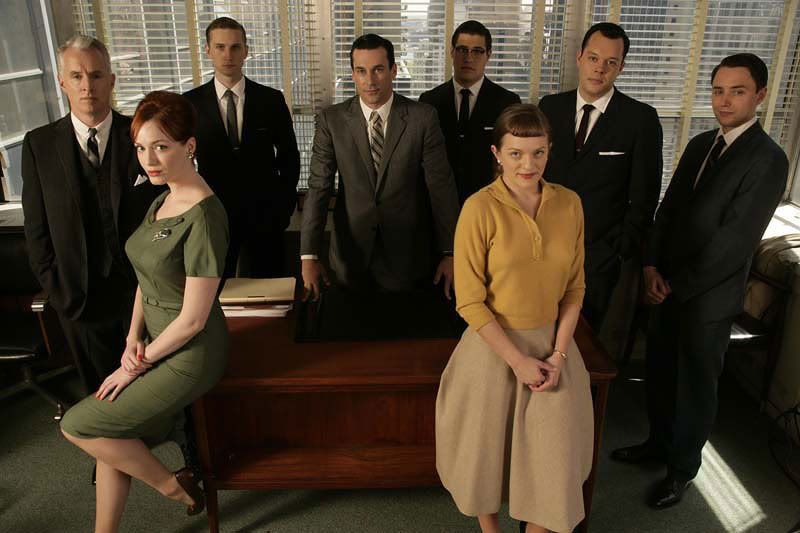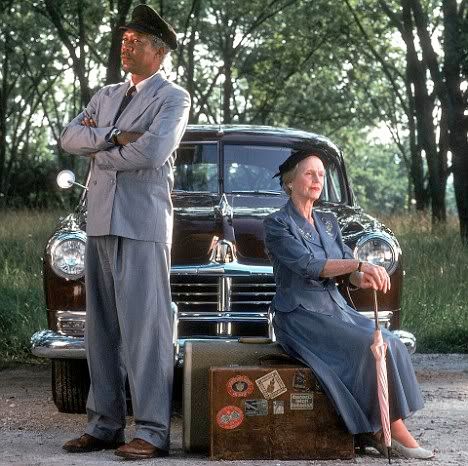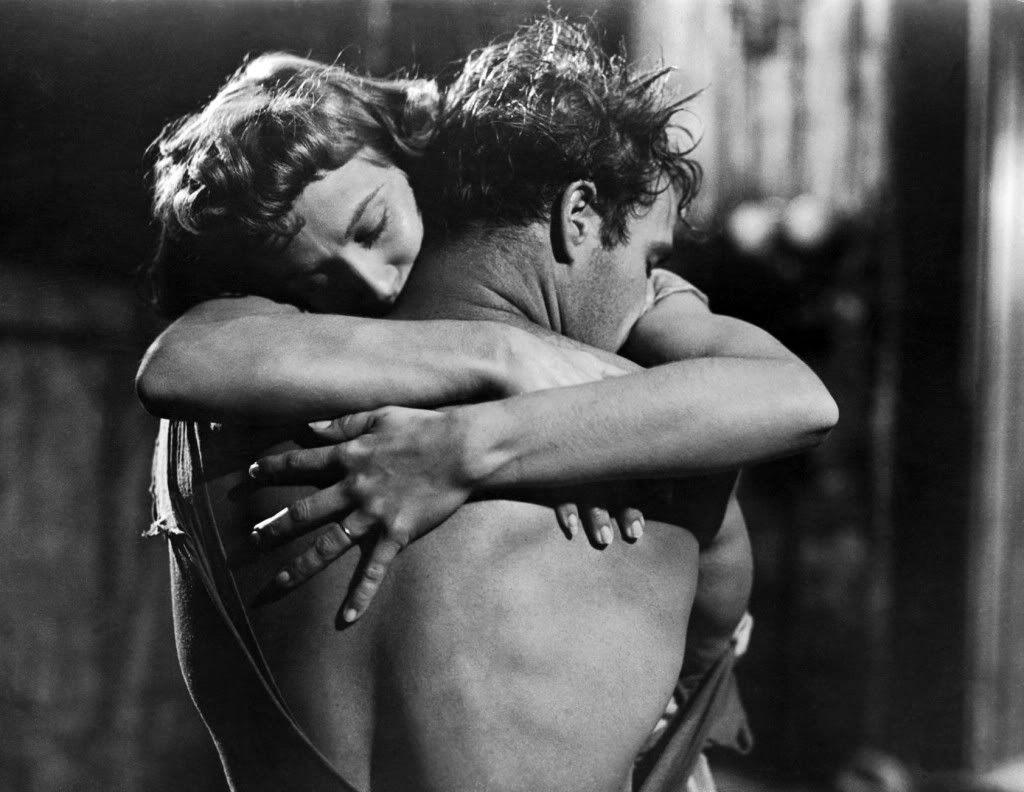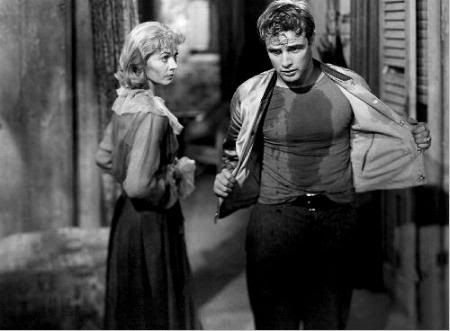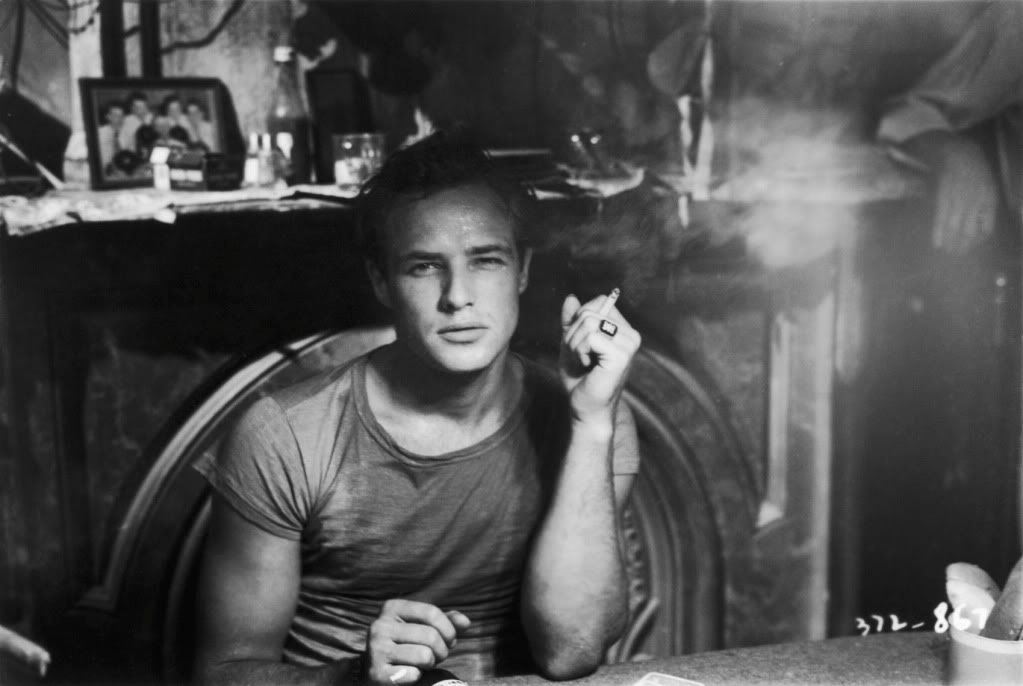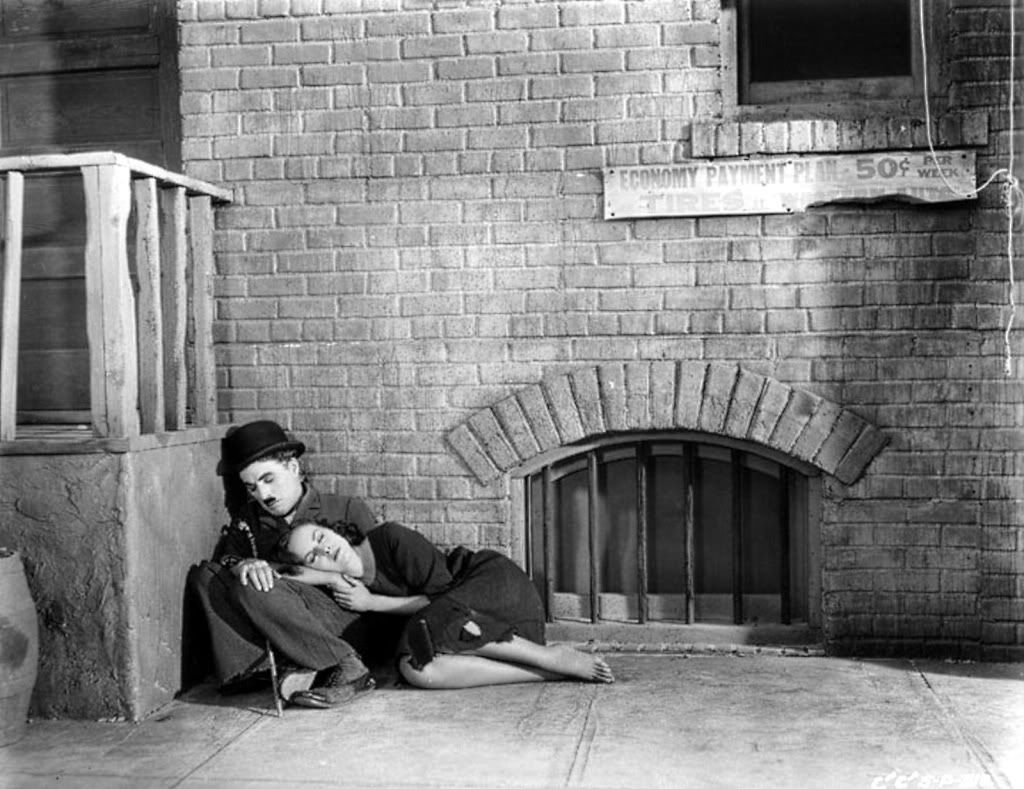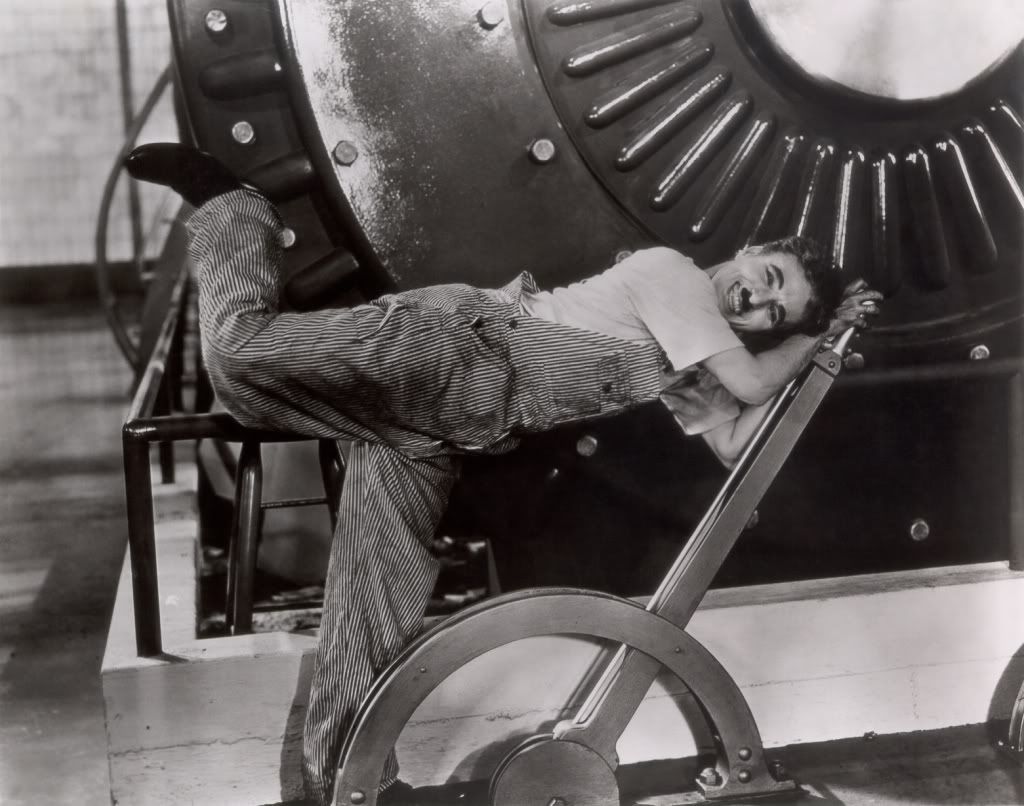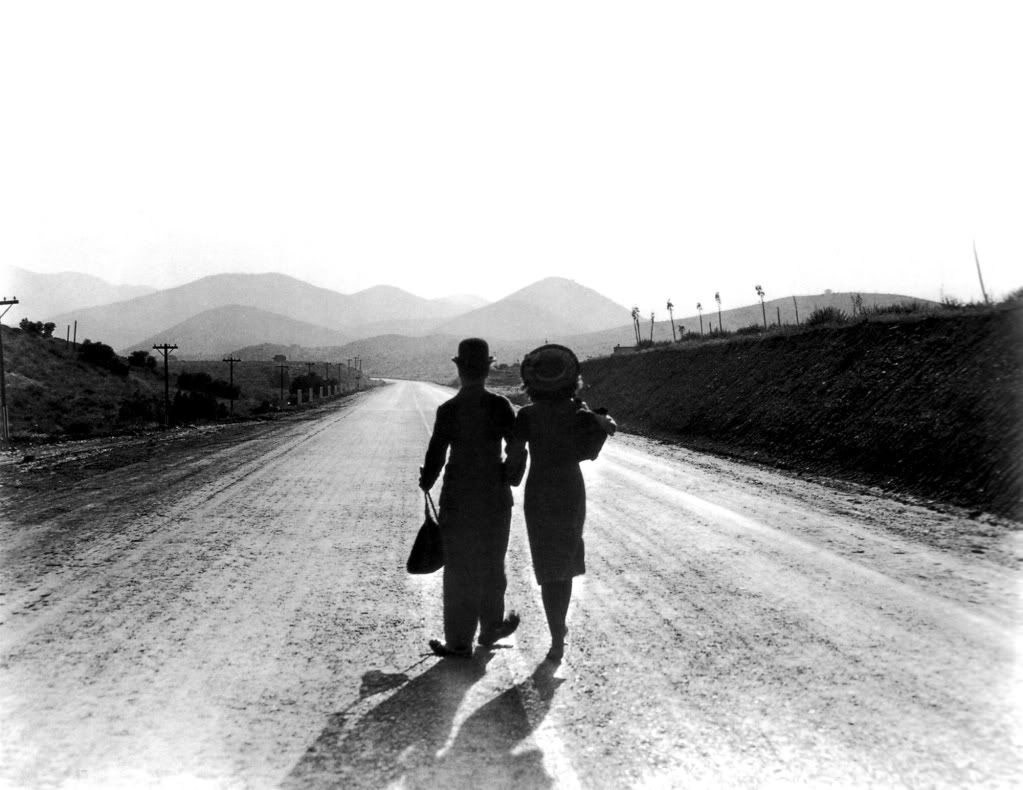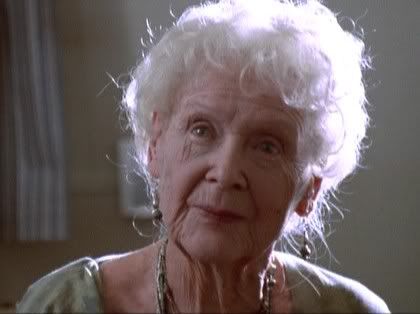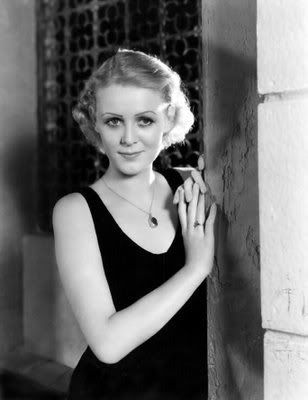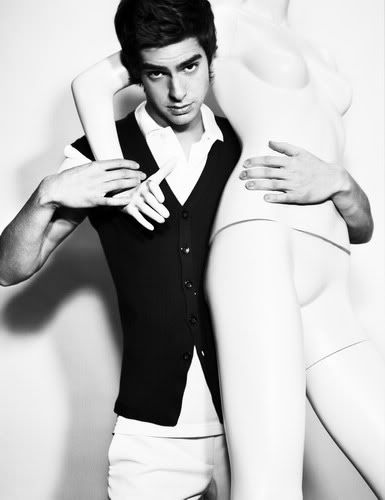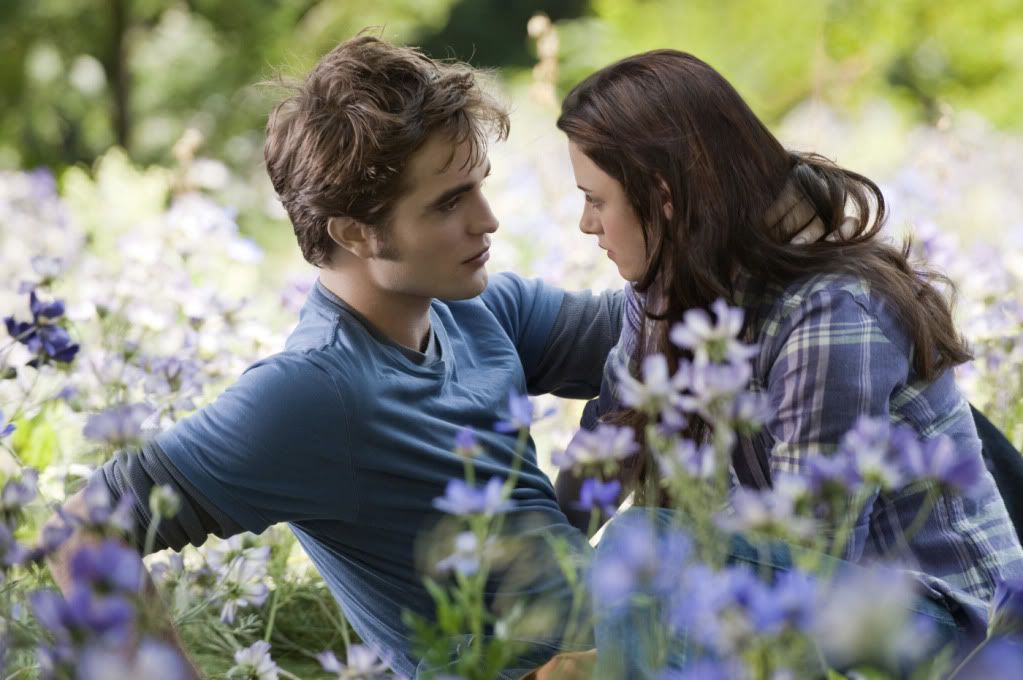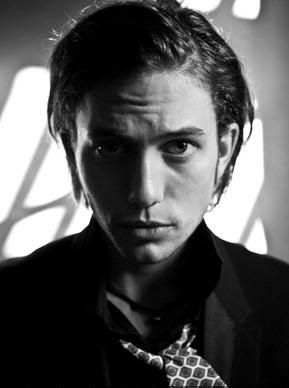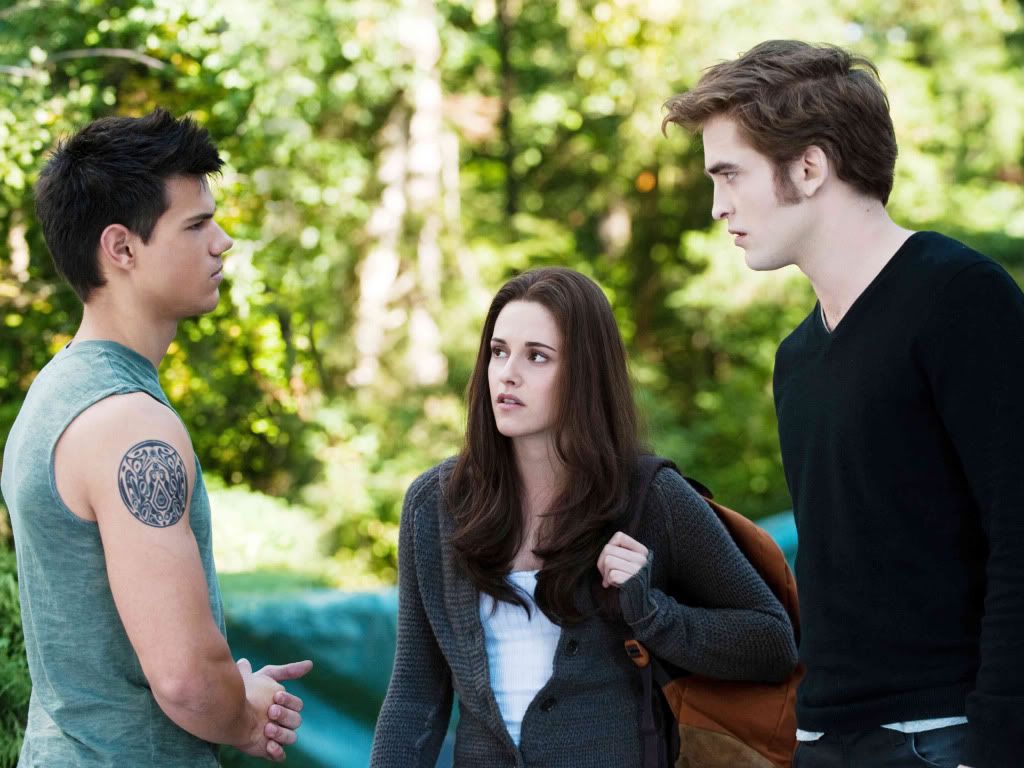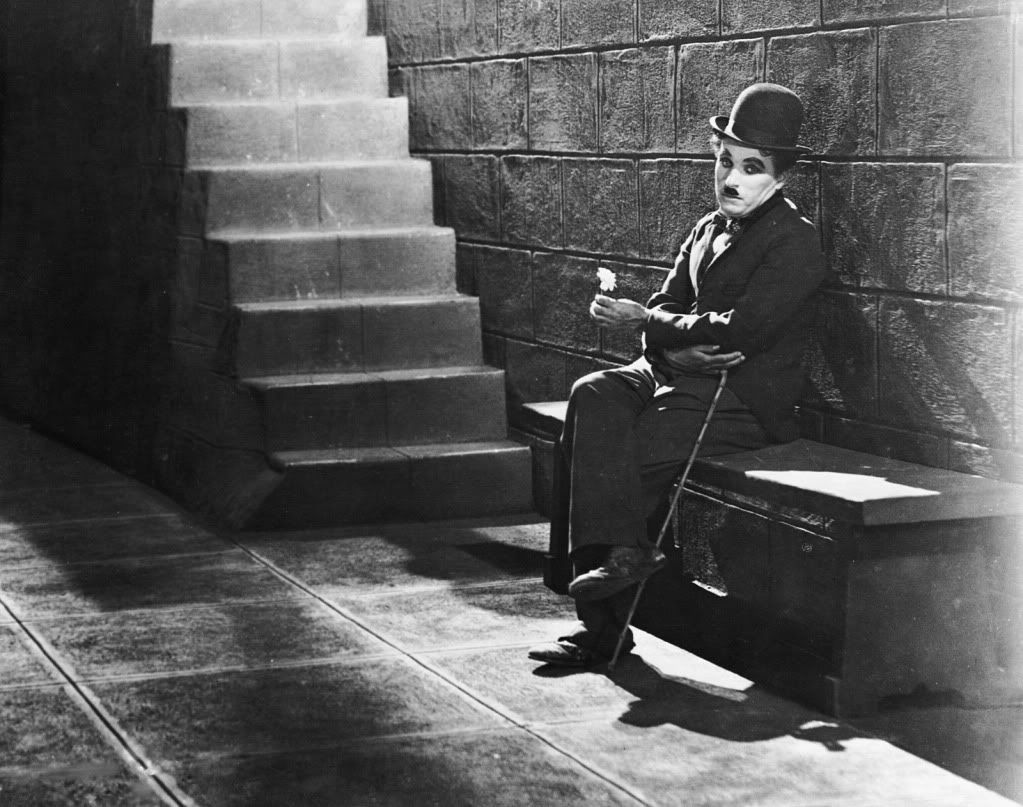"When she opened her eyes, Veronika did not think 'this must be heaven'. Heaven would never use a flourescent tube to light a room, and the pain - which started a fraction of a second later - was typical of the Earth. Ah, that Earth pain - unique, unmistakable."
I'm bending the limits of my movie blog to discuss the book I just finished. Paulo Coelho is one of the most read and loved authors all over the world, and for a reason. He tells life-changing stories about normal people, and conveys positive energy, inspiration and spirituality to the modern world, so much in need of just those things.
Veronika Decides to Die was the second book I read by Coelho. (The first one was Zahir, which I didn't like that much.) It tells the story of Veronika, a young Slovenian woman, who appears to have it all: beauty, a job, a loving family. And yet she's not happy: for her, the future just doesn't seem worth living. So she decides to kill herself. However, she doesn't succeed. She ends up in Villete, a local mental hospital, where she's told the sleeping pills she took damaged her heart and she has only a few days left before it collapses. During those days she learns to value every moment and finds joys she'd never experienced before.
Needless to say, the book was very good. The mental hospital is a very fascinating setting, and my favourite parts of the book descussed specifically the concept of 'mad'. See, the book doesn't only concentrate on Veronika, it tells the stories of other inmates of Villete, too. The line between what is considered 'normal' and what 'mad' is incredibly narrow, and really, we're never that far from slipping to that other side. Which is a bit scary thought, but also somehow soothing. Being 'mad' isn't descriped as something too bad. Mostly is just caused by a reaction to a situation in life, or a way to cope.
The book also encourages us to be a little 'mad' from time to time - meaning, to do things differing from normal, to try things you'd usually try only in your wildest dreams, to take changes and leaps of faith. It has some very wonderful thoughts in it, and it really makes you think about the value of your own life, too.
Hollywood reacted to the huge popularity of the book and made a film about it in 2009, with Sarah Michelle Gellar (I first accidentally wrote Sarah Jessica Parker. Thank god not her.) playing Veronika. I'm going to see the film, but a bit suspiciously, afraid they've either Americanized the story or made it just... blah. (Like The Boy in the Striped Pyjamas. The book was wonderful, and there wasn't really anything wrong with the movie, but it was just... blah.) Here's the trailer.
Veronika Decides to Die was the second book I read by Coelho. (The first one was Zahir, which I didn't like that much.) It tells the story of Veronika, a young Slovenian woman, who appears to have it all: beauty, a job, a loving family. And yet she's not happy: for her, the future just doesn't seem worth living. So she decides to kill herself. However, she doesn't succeed. She ends up in Villete, a local mental hospital, where she's told the sleeping pills she took damaged her heart and she has only a few days left before it collapses. During those days she learns to value every moment and finds joys she'd never experienced before.
Needless to say, the book was very good. The mental hospital is a very fascinating setting, and my favourite parts of the book descussed specifically the concept of 'mad'. See, the book doesn't only concentrate on Veronika, it tells the stories of other inmates of Villete, too. The line between what is considered 'normal' and what 'mad' is incredibly narrow, and really, we're never that far from slipping to that other side. Which is a bit scary thought, but also somehow soothing. Being 'mad' isn't descriped as something too bad. Mostly is just caused by a reaction to a situation in life, or a way to cope.
The book also encourages us to be a little 'mad' from time to time - meaning, to do things differing from normal, to try things you'd usually try only in your wildest dreams, to take changes and leaps of faith. It has some very wonderful thoughts in it, and it really makes you think about the value of your own life, too.
Hollywood reacted to the huge popularity of the book and made a film about it in 2009, with Sarah Michelle Gellar (I first accidentally wrote Sarah Jessica Parker. Thank god not her.) playing Veronika. I'm going to see the film, but a bit suspiciously, afraid they've either Americanized the story or made it just... blah. (Like The Boy in the Striped Pyjamas. The book was wonderful, and there wasn't really anything wrong with the movie, but it was just... blah.) Here's the trailer.
